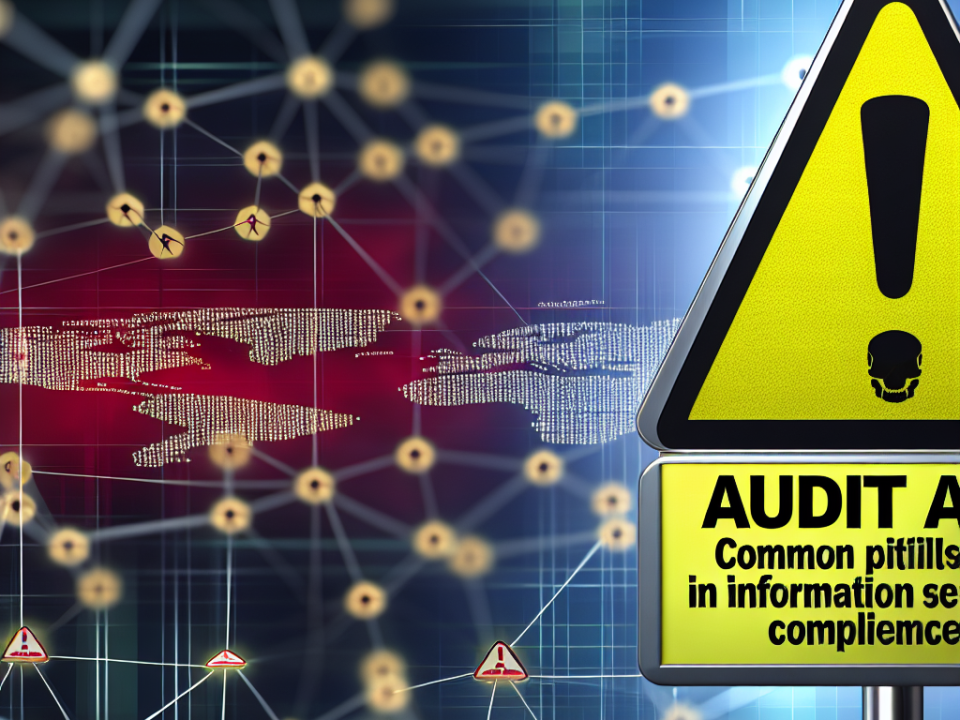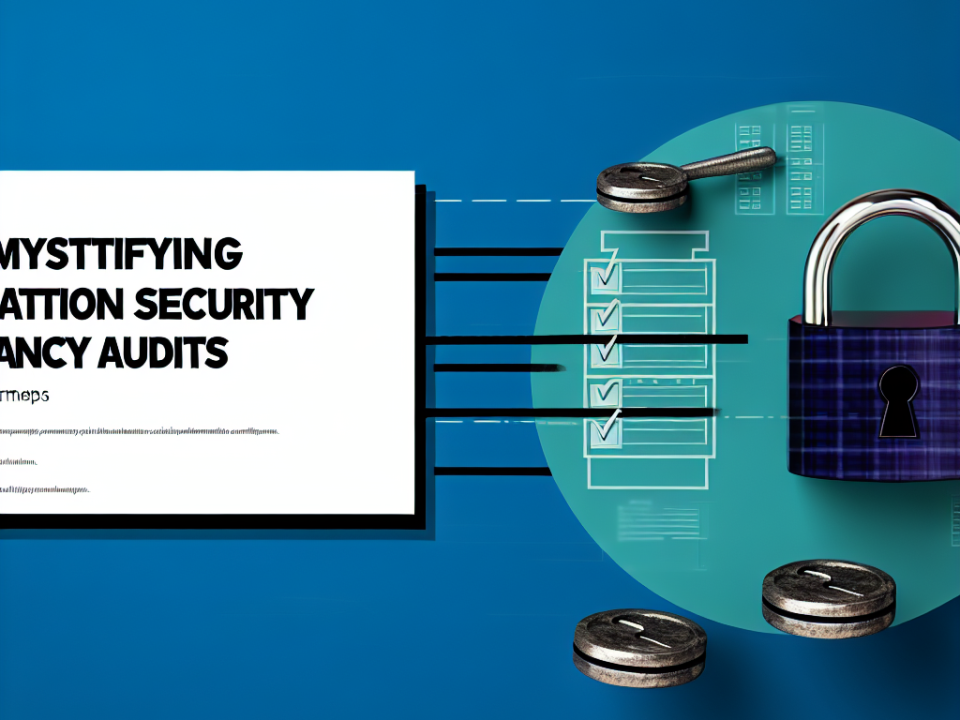
From Detection to Defense: The Pivotal Role of AI in Cybersecurity Strategies
September 25, 2025
AI-Powered Cybersecurity: Revolutionizing Threat Detection and Response
September 26, 2025
In today’s digital landscape, the importance of data security cannot be overstated. As businesses become increasingly reliant on technology, they face growing pressure to protect sensitive information and comply with various industry security standards. While compliance may seem like an added expense, the costs of non-compliance can be staggering—encompassing financial losses, reputational damage, and potential legal repercussions. This article explores the multiple dimensions of non-compliance and emphasizes the necessity of adhering to industry security standards.
Understanding Industry Security Standards
Industry security standards encompass a range of protocols and regulations designed to protect sensitive information, maintain customer trust, and mitigate risks. Some widely recognized standards include the Payment Card Industry Data Security Standard (PCI DSS), Health Insurance Portability and Accountability Act (HIPAA), General Data Protection Regulation (GDPR), and ISO/IEC 27001. These frameworks outline best practices for data handling, storage, and transmission to safeguard against data breaches and cyber threats.
The Hidden Costs of Non-Compliance
-
Financial Penalties: Non-compliance can lead to severe financial consequences. Regulatory bodies may impose hefty fines on organizations that fail to adhere to established standards. For instance, under GDPR, non-compliance can result in fines ranging from 2% to 4% of a company’s annual global turnover. These penalties can cripple smaller organizations and significantly impact larger enterprises.
-
Data Breach Costs: Failing to comply with security standards increases the likelihood of data breaches. According to the Ponemon Institute, the average cost of a data breach for a company is approximately $4.24 million. This figure includes costs associated with lost business, detection and escalation, notification, and post-breach response. Furthermore, organizations may also face lawsuits from affected customers, leading to additional financial burdens.
-
Reputational Damage: Beyond the financial implications, non-compliance can severely damage a company’s reputation. A single data breach can undermine customer trust, tarnishing the brand image and eroding customer loyalty. In a competitive marketplace, regaining consumer confidence can take years, if it can be achieved at all.
-
Operational Disruptions: Non-compliance can lead to operational disruptions as organizations scramble to address security gaps. Companies may need to invest significant time and resources into remediation efforts rather than focusing on strategic objectives. This reactive approach often stifles innovation and growth.
-
Insurance Premiums: Non-compliant organizations may face increased cybersecurity insurance premiums. Insurers often assess compliance as a critical factor when determining coverage options and costs. Non-compliance can hinder a company’s ability to secure favorable terms in their insurance policies.
- Loss of Business Opportunities: Many potential clients and partners require compliance with industry standards as a prerequisite for collaboration. Failing to demonstrate adherence can result in lost contracts and business opportunities, further impacting the organization’s bottom line.
The Value of Compliance
Adhering to industry security standards extends far beyond avoiding negative repercussions. The benefits of compliance include:
-
Enhanced Security Posture: Compliance frameworks provide organizations with robust guidelines for safeguarding sensitive data. By adhering to these standards, businesses can better protect their systems and information from cyber threats.
-
Increased Customer Trust: Compliance demonstrates to customers and partners that a company is committed to data security. This commitment can foster stronger relationships and build loyalty.
-
Competitive Advantage: Organizations that prioritize compliance often gain a competitive edge in their industry. They can effectively market their security measures, making themselves more appealing to potential clients.
-
Operational Efficiency: The process of achieving compliance often leads to improved internal processes and practices. Organizations can streamline their operations by implementing standardized procedures for data handling.
- Sustainable Growth: Companies that actively engage with compliance are more likely to position themselves for long-term success. By minimizing risks and enhancing security, organizations can focus on growth and innovation.
Conclusion
The cost of non-compliance is a weighty consideration for businesses, especially in an era where data breaches are all too common. The implications of non-adherence extend beyond financial penalties and can significantly impact an organization’s reputation, operations, and customer trust. By committing to industry security standards, businesses not only protect themselves from potential pitfalls but also cultivate a solid foundation for sustainable growth and success. In an increasingly complex regulatory environment, the prudent choice is clear: compliance is not just a requirement; it’s a strategic imperative.







